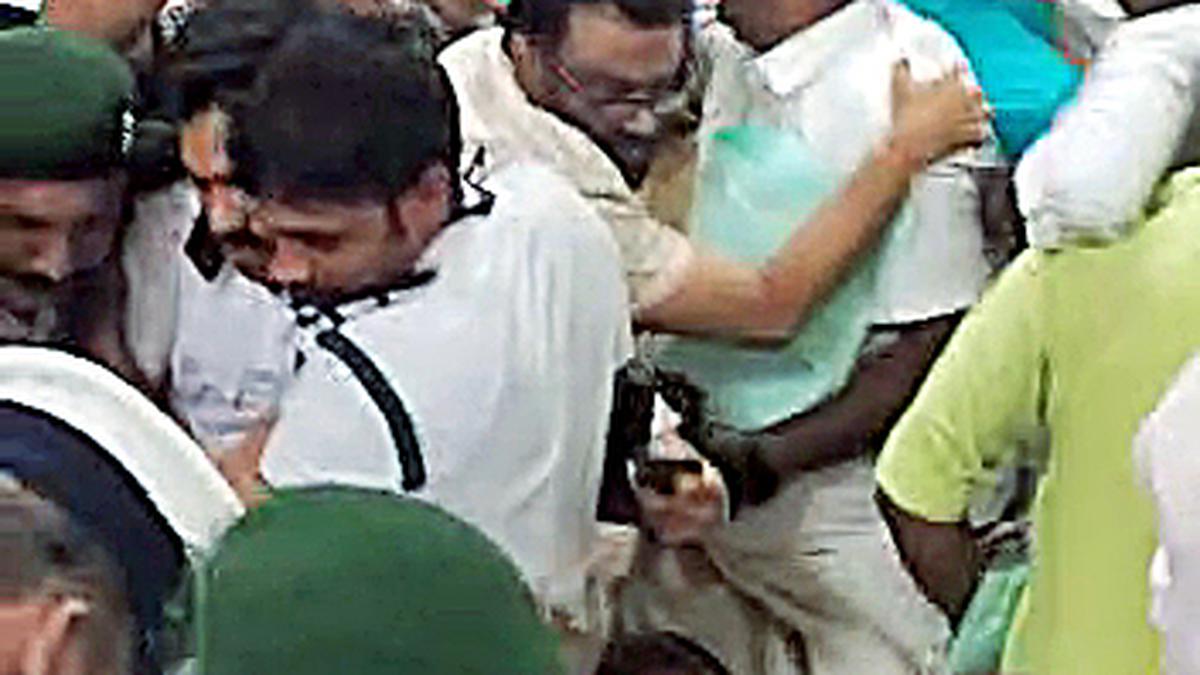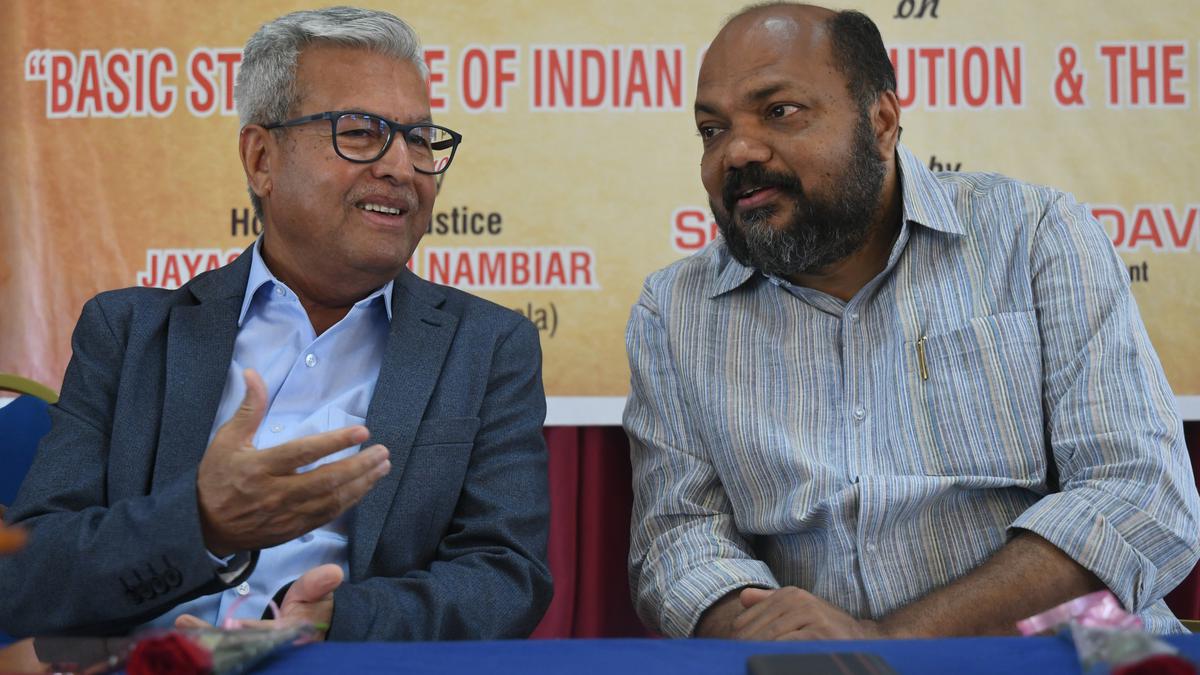The allegations of “delay” in surgery and “negligence” cast against doctors at the Government Medical College Hospital, Thiruvananthapuram, following the death of a renal transplant patient and the government threatening to act tough against doctors seem to be snowballing into a controversy which many fear can seriously hurt the State’s deceased donor organ donation programme (Mrithasanjivini) which is struggling to stay alive.
Even after 10 years, the programme is yet to find its feet, as innumerable and vexatious litigations over the authenticity of brain-death certification had brought it to an almost standstill.
The current controversy, fuelled by the allegations of a delay in surgery and claims that it caused the death of the transplant recipient, can arguably hurt the reputation of the Thiruvananthapuram Medical College Hospital, the leading renal transplant centre in both public and private sector. The wrangle could possibly dent public confidence in the Mrithasanjeevani programme
The preliminary inquiry report of the Additional Chief Secretary (Health) reportedly states little about any medical negligence and stops with pointing out a few “best avoided” technical errors.
The issue has rivetted public attention and triggered a media trial, prompting the transplant medicine community to air their anguish publicly.
Chacko Jacob, former Head of Nephrology, CMC Vellore, and a doctor who has been part of thousands of transplants since 1972, says that “the trial by media and knee-jerk reaction by the government” (in punishing the doctors) even before ascertaining through a proper inquiry, whether any negligence contributed to the patient’s death, does not bode well for the State’s health system.
Unlike a live organ donation, wherein everything is planned well in advance, a deceased donor transplant might throw up several last-minute hurdles, medical as well as management issues, all of which have to be sorted out before the actual transplant can take place.
The prep work involved – blood investigations, radiology and cardiac evaluations, crossmatching etc., itself can be time consuming. In this case, the patient who had multiple comorbidities and was categorised as high risk, required haemodialysis prior to surgery. When the organ arrived at the hospital, the patient was still on dialysis, which was why the surgery had to be “delayed”.
“The so-called delay of four hours in performing the surgery is of no consequence because even without machine perfusion, a harvested kidney can be preserved for over 24 hours, with no adverse outcome. Even the issue over “outsiders” receiving the organ at the hospital has no significance as far as the patient is concerned because the organ was not misplaced,” Dr. Jacob says.
World over, deceased donor organ transplantation programmes bank heavily on public faith and confidence and the transplant experts’ community is worried that the current furore might have already harmed the fragile scheme, which has been stagnating for long.
The transplant recipient who died at the Medical College Hospital on Monday too had been on the waiting list for kidneys for five years, before he was informed about an available organ.
“Deceased organ donation is the only hope for many suffering from end-stage organ failure and, at present, less than 10% of the requirement for renal transplant is met through deceased donation. The programme across the country had just begun to pick up after COVID and these wild allegations of negligence can affect the morale of transplant professionals and set back the programme,” Sunil Shroff, president, and Vivek B. Kute, secretary, of the Indian Society of Organ Transplantation, told The Hindu.







